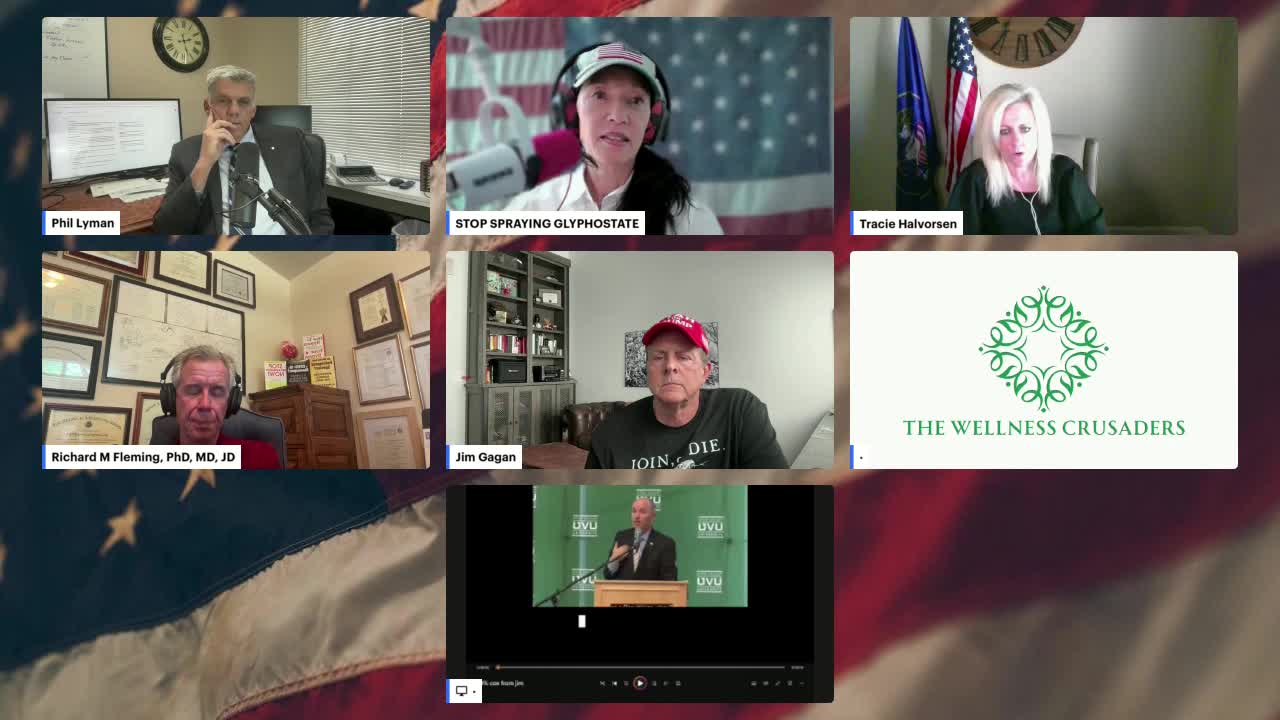Utah GOP in turmoil over primary election controversy
November 09, 2024 | Utah Podcasters, Utah Lobbyist / NGO, Utah Legislative Branch, Utah
This article was created by AI summarizing key points discussed. AI makes mistakes, so for full details and context, please refer to the video of the full meeting. Please report any errors so we can fix them. Report an error »

In a recent government meeting, significant discussions emerged regarding the nomination process for candidates within the Utah Republican Party, particularly focusing on the case of Phil Lyman and the actions of Governor Spencer Cox. The meeting highlighted a contentious situation where Lyman, having secured 67.54% of delegate votes at the party's convention, was expected to advance directly to the general election without a primary. However, Governor Cox intervened, citing a collection of 28,000 signatures that prompted a direct primary against Lyman.
The meeting underscored the GOP's established caucus convention system, which allows local neighborhoods to nominate delegates who then select candidates. According to party rules, a candidate achieving over 60% of delegate votes should bypass a primary. The discussions referenced a Supreme Court ruling affirming that political parties have the right to determine their nomination processes, reinforcing the GOP's stance in Utah.
Participants expressed frustration over what they perceived as a violation of party rules and the Supreme Court's decision, arguing that Cox's actions undermined the democratic process established by the party. The meeting also included a video of Cox acknowledging the rules regarding candidate selection, which participants argued contradicted his later actions.
The implications of this meeting extend beyond internal party dynamics, raising questions about the integrity of the electoral process in Utah and the influence of party leadership on candidate selection. As the situation unfolds, it remains to be seen how these developments will impact the upcoming elections and the broader political landscape in the state.
The meeting underscored the GOP's established caucus convention system, which allows local neighborhoods to nominate delegates who then select candidates. According to party rules, a candidate achieving over 60% of delegate votes should bypass a primary. The discussions referenced a Supreme Court ruling affirming that political parties have the right to determine their nomination processes, reinforcing the GOP's stance in Utah.
Participants expressed frustration over what they perceived as a violation of party rules and the Supreme Court's decision, arguing that Cox's actions undermined the democratic process established by the party. The meeting also included a video of Cox acknowledging the rules regarding candidate selection, which participants argued contradicted his later actions.
The implications of this meeting extend beyond internal party dynamics, raising questions about the integrity of the electoral process in Utah and the influence of party leadership on candidate selection. As the situation unfolds, it remains to be seen how these developments will impact the upcoming elections and the broader political landscape in the state.
View the Full Meeting & All Its Details
This article offers just a summary. Unlock complete video, transcripts, and insights as a Founder Member.
✓
Watch full, unedited meeting videos
✓
Search every word spoken in unlimited transcripts
✓
AI summaries & real-time alerts (all government levels)
✓
Permanent access to expanding government content
30-day money-back guarantee


